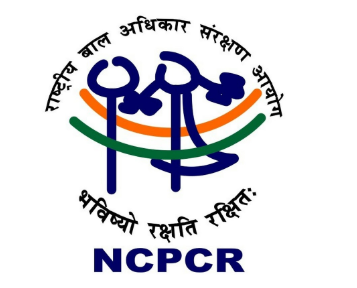28 Oct 2024 15:30:03 pm
Tags : National Commission for Protection of Child Rights (NCPCR)

Topic: Statutory Bodies
Why in the news?
Source: The Hindu
About National Commission for Protection of Child Rights (NCPCR):
Madrasa:
|
0 Comments

© 2026 Catalyst IAS All Rights Reserved.